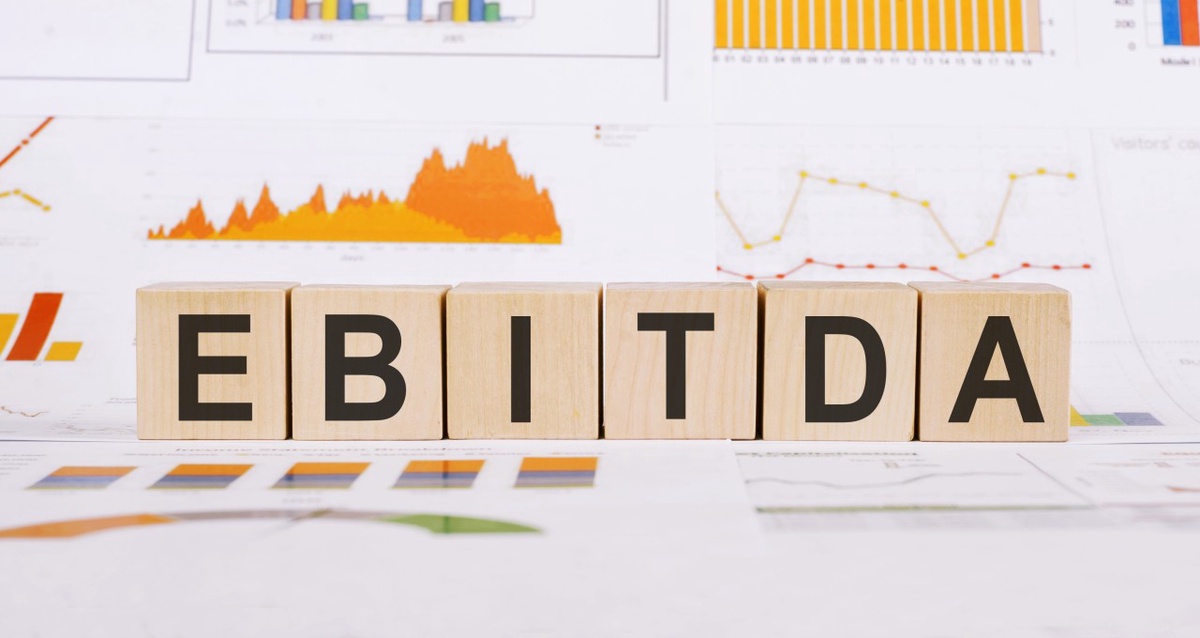Earnings before interest, taxes, depreciation, and amortization, also called EBITDA, is a record of the amount of money a business will wind up during a period, before deducting interest costs and taxes, and before accounting for depreciation and amortization of assets. assets. A company's earnings AFTER interest, taxes, depreciation, and amortization is its net income. EBITDA is often seen as a measure of a company's overall ability to generate cash, regardless of how much of that cash will be spent on essential expenses.
One important thing to note is that EBITDA does not add back OPEX and COGS, or cost of goods sold. EBITDA can be a useful metric because it is capital structure neutral. This means that whether a company is financed by debt, equity, cash flow, or any combination of the three, its EBITDA is not affected. When a company merges with or buys another company, capital restructuring is common practice. Knowing EBITDA before changing the way a company is financed can help new owners estimate how restructuring will affect bottom line.
Where EBITDA falls short
EBITDA is not a metric under GAAP or Generally Accepted Accounting Principles. Companies are not legally required to disclose their EBITDA but it can be done using information from their financial statements. However, some investors want to know this number when considering a company's earnings potential. EBITDA has some limitations because it ignores factors that ultimately do affect a company's results. It can be manipulated by corporate representatives as a way to trick investors into thinking that a company has better cash flow than it actually does.
For example, companies that are largely financed by debt may report high EBITDA, but after interest payments, those companies' net income could be well below industry standards. This is especially common in companies that are struggling to maintain profits and have to take on additional debt to stay afloat. If investors aren't careful, an unscrupulous CEO might try to use his company's EBITDA to cover up those struggles.
When is EBITDA useful?
EBITDA can be very informative when used to compare two similar companies. Because spending money on interest, taxes, and depreciation and amortization of assets is unavoidable for most companies, companies in the same industry can be expected to pay similar taxes, use similar assets, and potentially have similar capital structures. Consider the table below comparing two hypothetical businesses in the same field: IMAGE
EBITDA FAQ
What does EBITDA mean?
EBITDA means earnings before interest, taxes, depreciation and amortization.
What is EBITDA?
EBITDA is a record of the amount of money a company makes during a period, before interest costs and taxes are deducted, and before taking into account depreciation and amortization of assets.
Why do investors look at the EBITDA of a company?
EBITDA is often viewed as a measure of a company's overall ability to generate cash, regardless of how much of that cash will be spent on essential expenses.
Where does EBITDA fall short?
EBITDA can be manipulated by corporate representatives as a way to trick investors into thinking that a company has better cash flow than it actually does.
Do companies have to publish their EBITDA?
Companies are not legally required to disclose their EBITDA but it can be done using information from their financial statements.


No comments yet